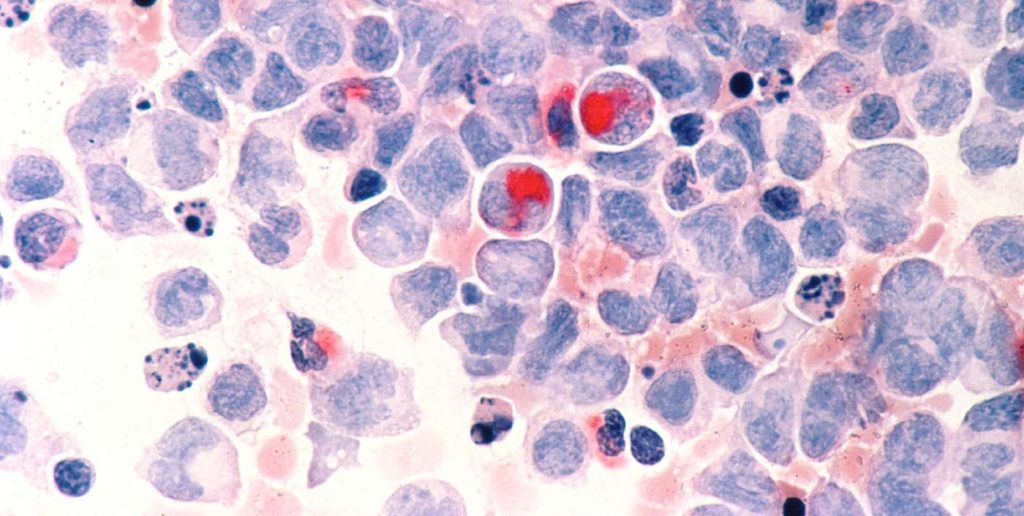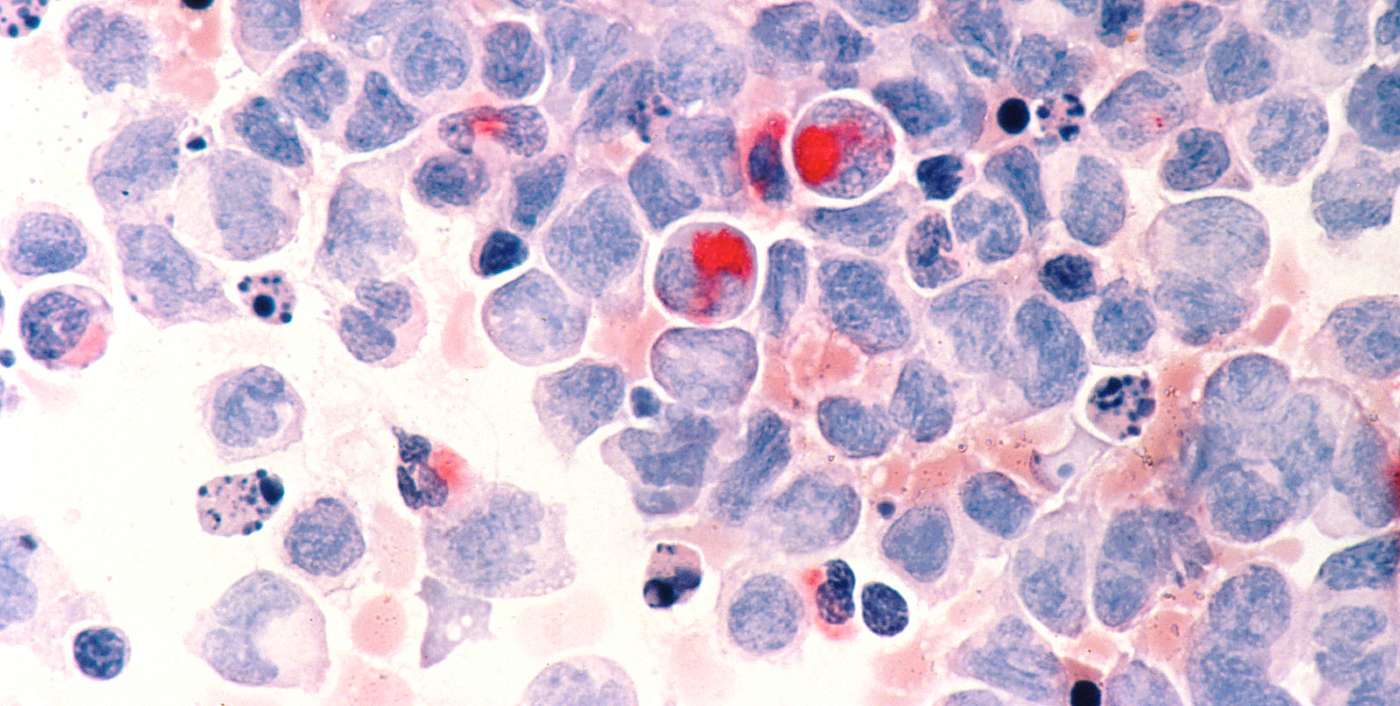
Scientists have made a significant breakthrough in overcoming drug resistance in acute myeloid leukemia, a rare and devastating blood cancer.
In a new study, researchers from the University of South Australia and SA Pathology’s Centre for Cancer Biology describe how they have discovered a way to suppress a specific protein that promotes resistance to drugs commonly used to treat acute myeloid leukemia (AML) patients.
Professor Stuart Pitson, one of the lead authors of the study, says the finding could revolutionize the treatment of AML, a disease that has claimed the lives of professional golfer Jarrod Lyle, high-profile American journalist Nora Ephron, and filmmaker Lynn Shelton.
This cancer of the blood and bone marrow is characterized by an overproduction of cancerous white blood cells called leukaemic blasts.
Prof. Pitson says these cells crowd out normal white blood cells, which then can’t do their usual infection-fighting work, thereby increasing the risk of infections, low oxygen levels, and bleeding.
READ: Doctors Say Cancer Patients Cured a Decade After Immune Cell Therapy at University of Pennsylvania
SA Pathology haematologist Associate Professor David Ross says many AML patients initially respond to Venetoclax, a new therapy for AML recently listed on the PBS, but over time AML cells become resistant to it.
Using a large biobank of patient-donated AML biopsies and world-leading advanced pre-clinical models, the CCB researchers demonstrated that by modulating lipid metabolism in the body, a protein called Mcl-1 is inhibited in AML cells—the protein that facilitates drug resistance.
“This process makes AML cells exquisitely sensitive to Venetoclax, while leaving the normal white blood cells unaffected,” SA Pathology researcher and co-lead author, Associate Professor Jason Powell says.
MORE: Experimental Treatment in Spain Puts 18 Cancer Patients in Complete Remission
The CCB team is now working hard to optimize drugs targeting this pathway to take into clinical trials for AML patients.
“For most people with AML, the chances of long-term survival are no better now than they were last century,” Assoc. Prof. Ross says.
“Now, we have a chance to remedy that. New treatments that prevent Venetoclax resistance have the potential to prolong survival, or even increase the chances of a cure in a disease for which improved outcomes are desperately needed.”
This study has been published in the world-leading hematology journal Blood.
Source: University of South Australia
SHARE This Breakthrough Good News Story With Others…




















